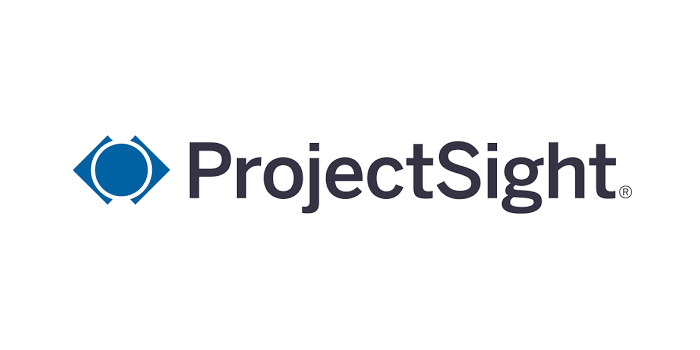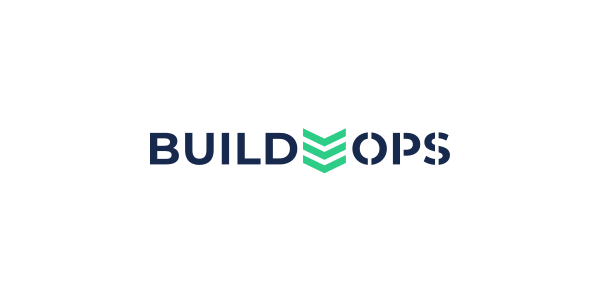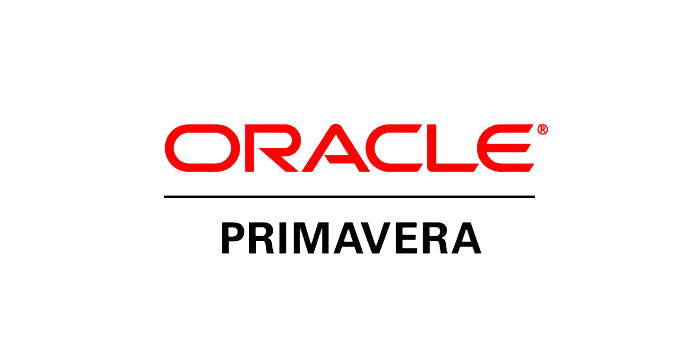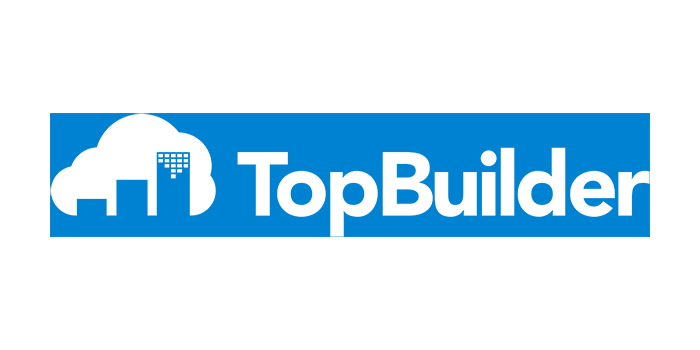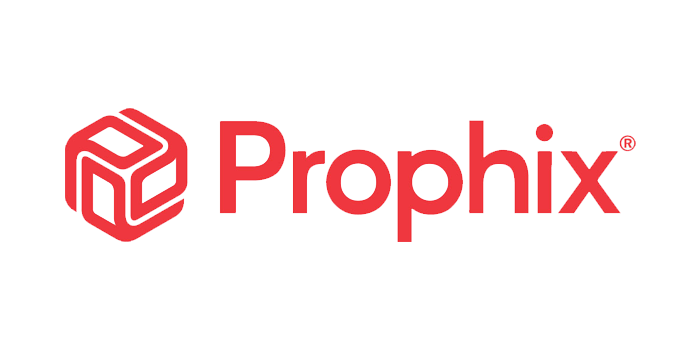
Article written by Brielle Regdos for CDP
When it comes to job cost accounting—particularly in the construction industry—hiring a reliable and experienced project management team is crucial. Job cost accounting is a method of financial tracking that emphasizes managing the costs associated with individual projects. It’s widely used in project-based industries such as construction, manufacturing, and professional services.
Key elements of job cost accounting include:
- Cost tracking by job
- Detailed cost categorization
- Budget comparison and variance analysis
- Improved pricing and estimating
- Evaluation of project-level profitability
This approach not only helps businesses stay within budget but also maximizes profitability by providing a clear, detailed picture of all job-related expenses. In construction, job cost accounting takes on a more specialized role. It meticulously tracks all expenses tied to each individual project, helping contractors and builders evaluate profitability and manage resources effectively throughout the project’s lifecycle. Given that construction projects are often complex and resource-intensive—with variables such as materials, labor, equipment, subcontractors, and permits—this level of financial visibility is essential.
Job cost accounting enables construction companies to:
- Track costs in real-time against budgets
- Improve the accuracy of future estimates
- Identify and address cost overruns early
- Assess job profitability with confidence
A Few Key Components of Construction Job Cost Accounting Include:
- Direct Costs: labor (wages, benefits), materials (lumber, concrete, fixtures), subcontractors (payments to plumbers, electricians, etc), equipment (rentals or depreciation of machinery used on the project)
- Indirect Costs (Overhead): Site supervision, On-site utilities, Insurance coverage, Project management time (typically allocated proportionally across jobs.)
- Cost Codes & Categories: Costs are categorized using standardized codes (e.g., framing, electrical, excavation). This structure allows for precise tracking and analysis, helping identify which components are driving costs.
- Change Order Tracking: Since project scopes often evolve, tracking change orders ensures additional work is properly billed and accounted for—preventing profit loss.
- Job Cost Reports: Compare actual costs against budget estimates, giving contractors actionable insights into on-budget performance, profit margins and areas needing adjustment.
Job cost accounting in construction gives contractors the financial insight and control needed to deliver projects on time and within budget. More than just tracking expenses, it empowers smart decision-making, reduces risk, and improves overall profitability. It’s a strategic tool for managing construction jobs from the ground up.
Contact CDP to learn more and schedule a conversation.


